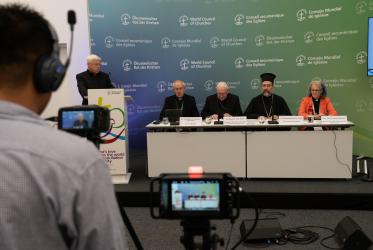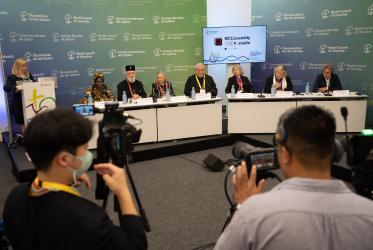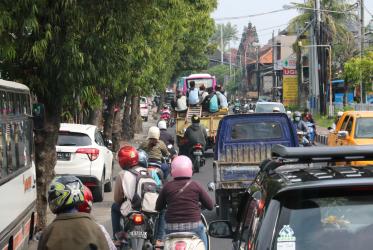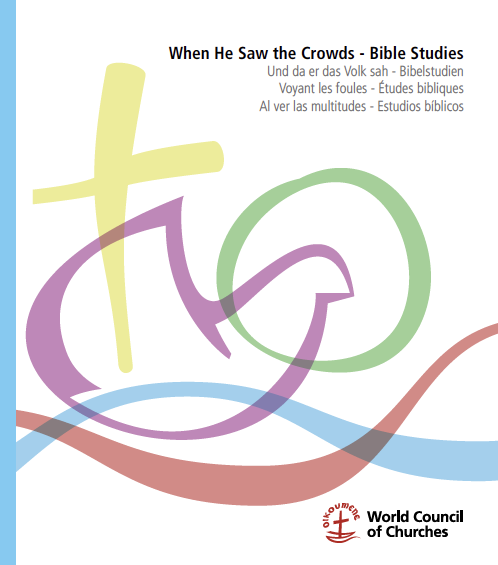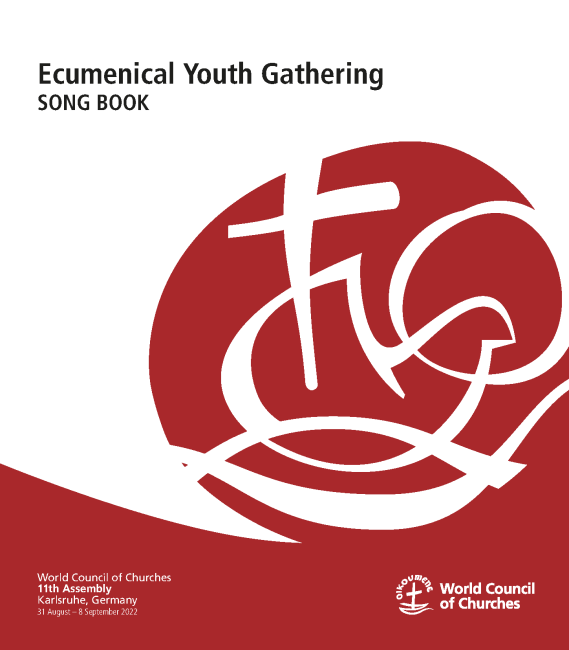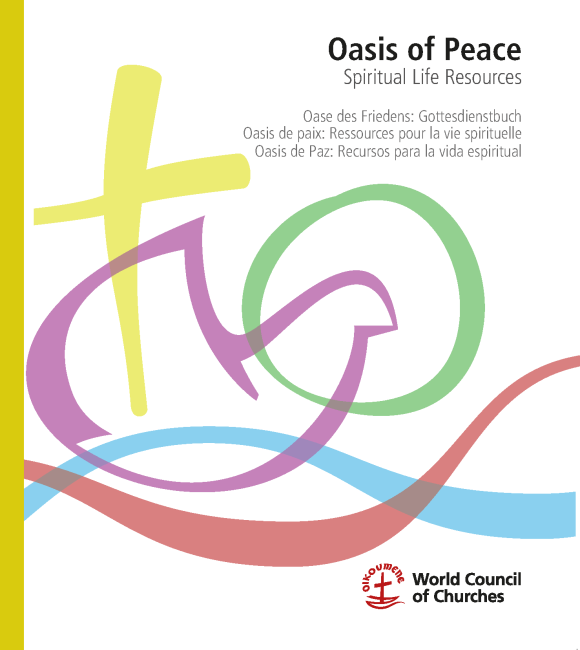Displaying 101 - 120 of 1209
Uppsala 1968: The times, they were a’changing
06 September 2022
Bible studies bring ways to learn how Christ’s love moves us
06 September 2022
Assembly participants come together as church families
04 September 2022
Women with disabilities want to belong in churches
31 August 2022
Bishop Heike Springhart: “The world is coming to Karlsruhe!”
28 August 2022
Diversity of gifts celebrated by Ecumenical Youth Gathering
27 August 2022
An assembly mood spreads across Asia
25 August 2022
When He Saw the Crowds - Bible Studies
15 August 2022
Ecumenical Youth Gathering Songbook
14 August 2022
